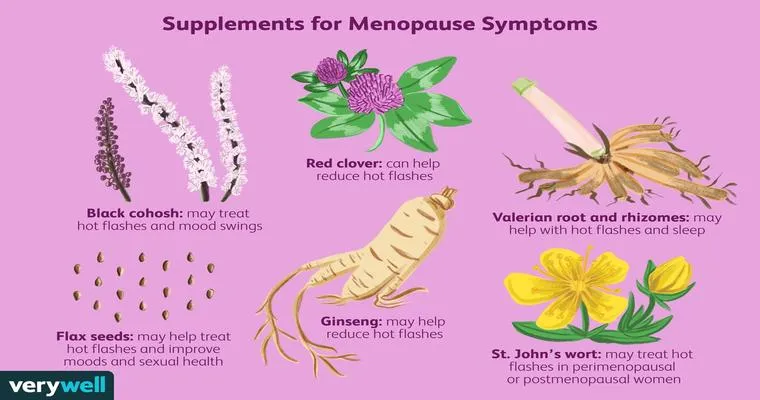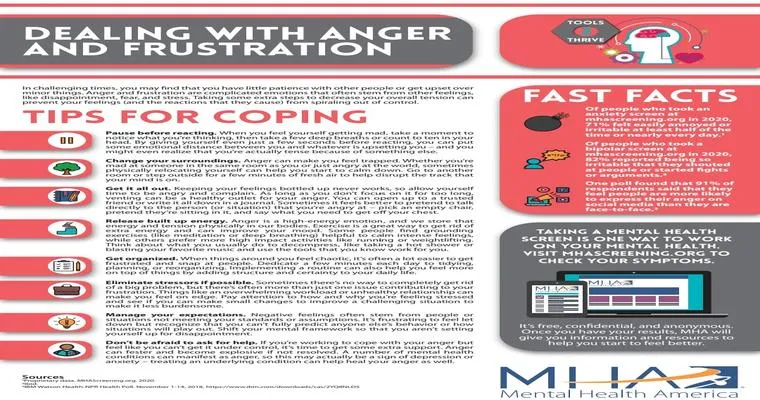Navigating the challenges of "caregiving" while experiencing "menopause" can feel like a daunting double-whammy for many women. As caregivers, they often place the needs of others before their own, which can exacerbate the physical and emotional symptoms associated with menopause. Understanding how to balance these responsibilities is crucial for maintaining both personal well-being and the quality of care provided to others.
Understanding Menopause
Menopause is a natural biological process that marks the end of a woman's reproductive years, typically occurring in their late 40s to early 50s. This transition is often accompanied by a range of symptoms, including hot flashes, mood swings, sleep disturbances, and cognitive changes. These symptoms can be particularly challenging for women who are also managing caregiving duties, whether for aging parents, children, or partners.
The Challenges of Caregiving During Menopause
Caregiving itself can be a demanding role. It requires patience, energy, and emotional resilience, all of which can be significantly impacted during menopause. Women may find themselves juggling the emotional weight of caregiving with the physical discomforts of menopause, leading to increased stress and burnout. Recognizing these challenges is the first step towards finding effective strategies to cope.
Strategies for Managing Caregiving and Menopause
1. "Prioritize Self-Care": It is essential for caregivers to prioritize their own health and well-being. This includes regular exercise, a nutritious diet, and adequate sleep. Engaging in self-care activities can help alleviate some menopause symptoms and improve overall mood.
2. "Seek Support": Whether it’s through friends, family, or support groups, seeking help is vital. Sharing experiences with others who are going through similar situations can provide emotional relief and practical advice.
3. "Educate Yourself": Understanding menopause and its symptoms can empower women to seek appropriate treatments or lifestyle changes. Consulting healthcare professionals about options such as hormone replacement therapy or natural remedies can also be beneficial.
4. "Create a Routine": Establishing a daily routine can help manage both caregiving tasks and menopause symptoms. This structure can reduce stress and help caregivers allocate time for their own needs.
5. "Communicate Openly": Whether it’s with the person receiving care or family members, open communication about needs and feelings can foster understanding and support. Discussing how menopause is affecting caregiving responsibilities can lead to shared solutions.
6. "Mindfulness and Relaxation Techniques": Incorporating mindfulness practices such as meditation or yoga can help manage stress and improve emotional well-being. These techniques can be particularly effective in alleviating anxiety and mood swings associated with menopause.
Conclusion
Handling the dual responsibilities of caregiving and managing menopause can be overwhelming. However, by prioritizing self-care, seeking support, and implementing effective strategies, women can navigate this challenging period more successfully. Remember that it is essential to take care of oneself in order to provide the best possible care for others. Embracing this phase of life with awareness and support can lead to a healthier, more balanced experience for both caregivers and those they care for.





